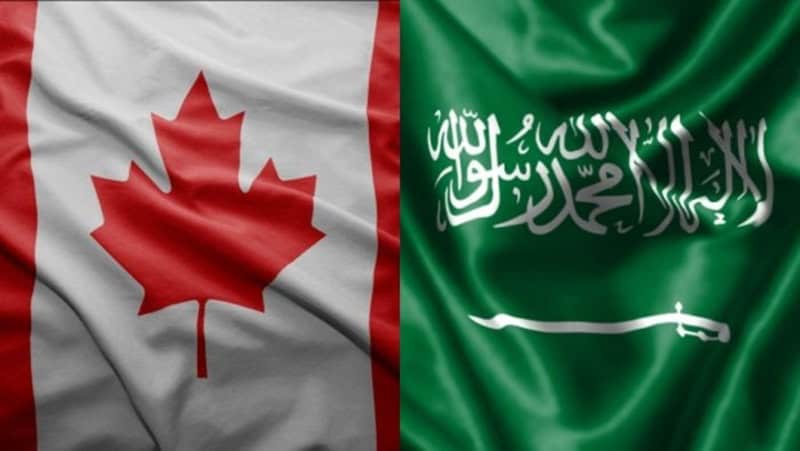Ottawa: Canada’s former ambassador to Saudi Arabia on Wednesday criticized Twitter diplomacy in his first public remarks since being expelled from Saudi Arabia in August over a rights row.
“Yeah, yeah, not a fan,” now retired diplomat Dennis Horak said of Canada’s use of Twitter, which sparked his expulsion — also with a tweet.
“I think we took a step too far,” he told the Canadian Broadcasting Corporation (CBC).
“Whether we can come back from that, I don’t know… But we need to begin deciding, do we want this? Do we want to salvage this relationship or not?”
Riyadh expelled Ottawa’s ambassador — also with a Twitter announcement — and severed all trade and investment ties with Canada in August to protest its rigorous demands that jailed human rights activists be released.
Canada’s foreign ministry had sent a Twitter message saying it was “gravely concerned” by a new wave of arrests of women and human rights campaigners in the kingdom, including award-winning activist Samar Badawi.
“We urge the Saudi authorities to immediately release them and all other peaceful #humanrights activists,” the foreign ministry said in the message, which was also translated into Arabic.
Horak, a diplomat for three decades and who was three years into his second posting in Saudi Arabia, was on vacation in Canada at the time, and learned of his expulsion while at a barbecue.
“It was a very big surprise. I get that they were upset about the tweet, but to react the way they did, it was a serious over-reaction,” Horak said of the Saudi move.
Canada and its allies routinely call out alleged human rights abuses abroad.
“The American State Department issues a human rights report every year, the British parliament does raise issues every now and then, but they both have very strong relationships with Saudi Arabia. And so it can survive some of those public dressing-downs in ways that we were more vulnerable to,” Horak said.
He told CBC he believes the Saudis were concerned that Canada had targeted the message at their public during a time of volatility.
Some in Saudi Arabia, he explained, “are not happy with (recent) reforms and feel that perhaps Saudi Arabia is being too compliant with Western demands.”
“This would give them ammunition to say, ‘See, look, we are being pushed around by the West, they’re now demanding our judicial system do X, Y and Z.'”
[source_without_link]Agence France-Presse[/source_without_link]

